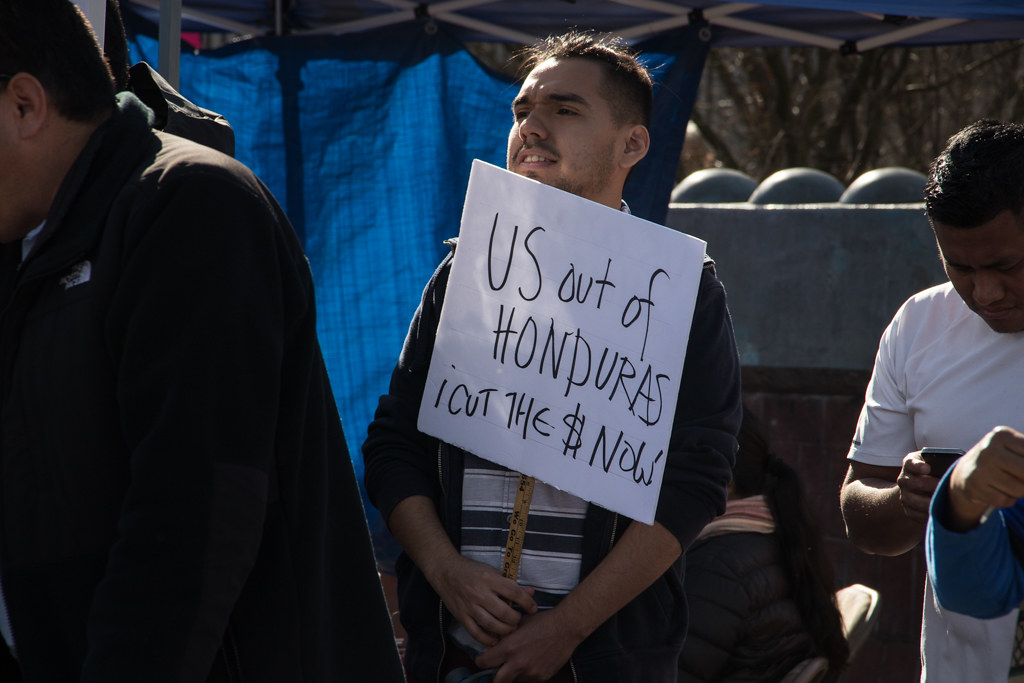
By Ingrid S chez. Pen sula 360 Press [P360P].
The general elections to be held next November are an opportunity to restore democracy in Honduras in the context of the population's struggle to defend its natural resources, said Gustavo Iriras, director of the Center for Democracy Studies (CESPAD) and Dunia Schez, leader of the Council of Popular and Indigenous Organizations of Honduras (COPINH).
"From CESPAD we see that the elections in Honduras represent an opportunity in the sense that they open the possibility of ending this terrible 12-year regime, establishing democracy, recovering the rule of law, restoring these great democratic setbacks that we have had and advancing a series of basic and substantive reforms that the country requires," said Gustavo Iriras in a discussion organized by Global Exchange.
According to the director of the CESPAD The 2009 coup d'état carried out by the Honduran military was supported by the United States, which viewed with suspicion the rapprochement of then-President Manuel Zelaya with the police headed by Hugo Chávez, criticizing the US and defending national sovereignty.
The trigger for the 2009 coup d'état was Zelaya's initiative to promote a consultation with the population to convene a Constituent Assembly that could create a new Constitution to replace the current one, which dates back to 1982.
The coup d'état has meant the re-militarization of the Central American country, the privatization of natural resources, the dismemberment of the State into micro-states and the application of a deeply extractivist policy for which the government has raised the levels of repression and criminalization of social protest, says Iriras.
For her part, Dunia Schez emphasizes that despite the political murders suffered by the current movement in defense of the territory, the indigenous and popular movements that defend the territory continue
